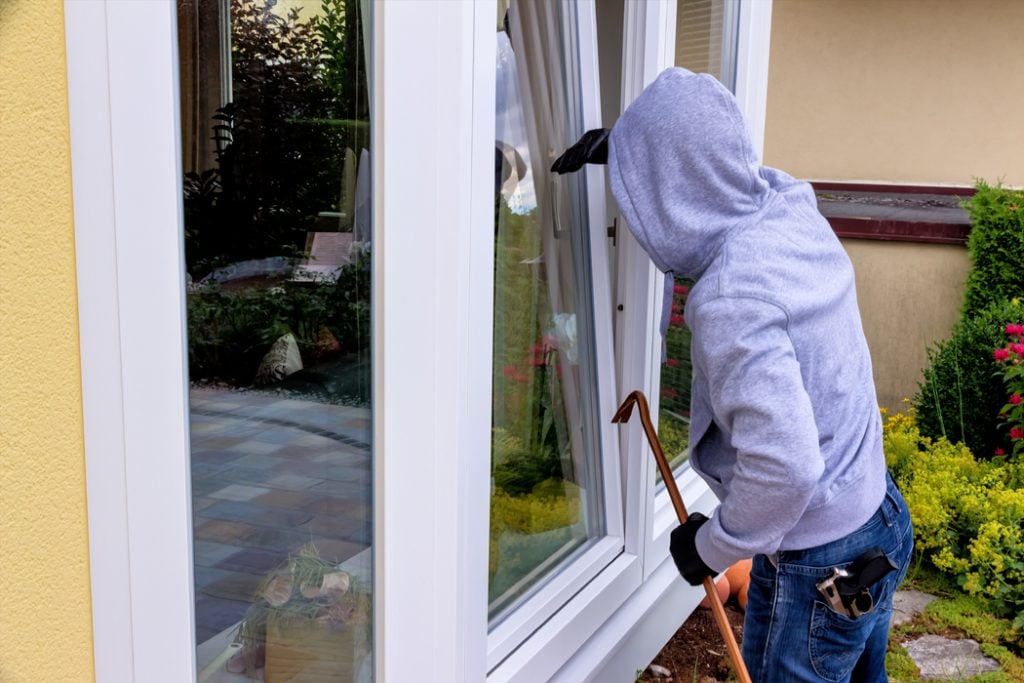
Understanding Property Crimes in Arizona
It is important to know the different kinds of property crime in Arizona. This is so you know, in case someone arrests you, exactly what charges you could be facing. Have no fear, Lerner & Rowe Law Group is here to help you 24/7! So, here is a guide to the different kinds of property crime.
Types of Property Crime
There is a broad variety of property crimes, and each crime carries with it unique prosecutable circumstances. Let’s review the different kinds of property crimes in Arizona and how they can affect you.
- First, burglary. Burglary occurs when a person illegally breaks into another person’s property, home, or yard. Burglary does not require breaking and entering, theft, or physical damage.
- Speaking of theft, that is the second kind of property crime. When items are taken away from their owner’s property without permission, this is a property crime. Items can include vehicles, material possessions such as jewelry or cash, personal property, social security cards or other IDs, and more. Theft occurs at the very moment one takes – without permission – someone else’s property with the intent to permanently deprive the property owner.
- Arson is the next type of property crime. Arson occurs when an illegally started fire causes property damage. Such a fire endangers the lives of others and in some cases can result in death.
- The last type of property crime is vandalism. When a person destroys or defaces someone else’s property without permission, vandalism has occurred.
Variables the State Must Prove
The most commonly charged property crime in the state of Arizona is vandalism, otherwise known as criminal damage. Vandalism requires proof that the defendant did one of the following in a reckless manner and without permission:
- Damaged or defaced property that belongs to another person.
- Tampered with another person’s property so it loses its value or function.
- Damaged the property of a utility (e.g. damage to a plumbing system).
- Parked in a way that prohibited livestock from reaching the only source of accessible water
- Wrote a message, slogan, sign, symbol, etc. on any public or private building, structure, or surface that isn’t the ground.
According to Arizona law, one must show proof of visual impairment of a surface for conviction. There is also no need for the proof of intentional damage in the state of Arizona. Vandalism can occur through a simple reckless action, regardless of intent.
Laws exist in Arizona to prevent destruction to public spaces/property. However, this does not mean that small amounts of damage go unnoticed. In fact, many types of property crime involve only small amounts of damage with no severe markings. Even slight damage to property can constitute property crime in Arizona.
There is a variety of ways to prosecute property crimes. Arizona property crimes carry different consequences depending on whether its a felony or a misdemeanor charge.
- Minor charges (misdemeanors, class 1, 2, and 3.)
- Major charges (felony, class 2, 3, 4, 5, 6)
Hire a Top Criminal Defense Lawyer
If you have been charged or arrested for violating property crime laws in Arizona, please contact our Phoenix criminal attorneys at Lerner and Rowe Law Group as soon as possible. Regular office hours are Monday – Friday from 8:00 a.m. to 5:00 p.m.
Alternatively, we are available 24/7 to take your call at 602-667-7777. You can also use the convenient online LiveChat feature. Our experienced criminal defense attorneys offer free consultations and affordable payment plans. We’ll go over your case and discuss your options on how to move forward.
The information on this blog is for general information purposes only. Nothing herein should be taken as legal advice for any individual case or situation. This information is not intended to create, and receipt or viewing does not constitute, an attorney-client relationship.

